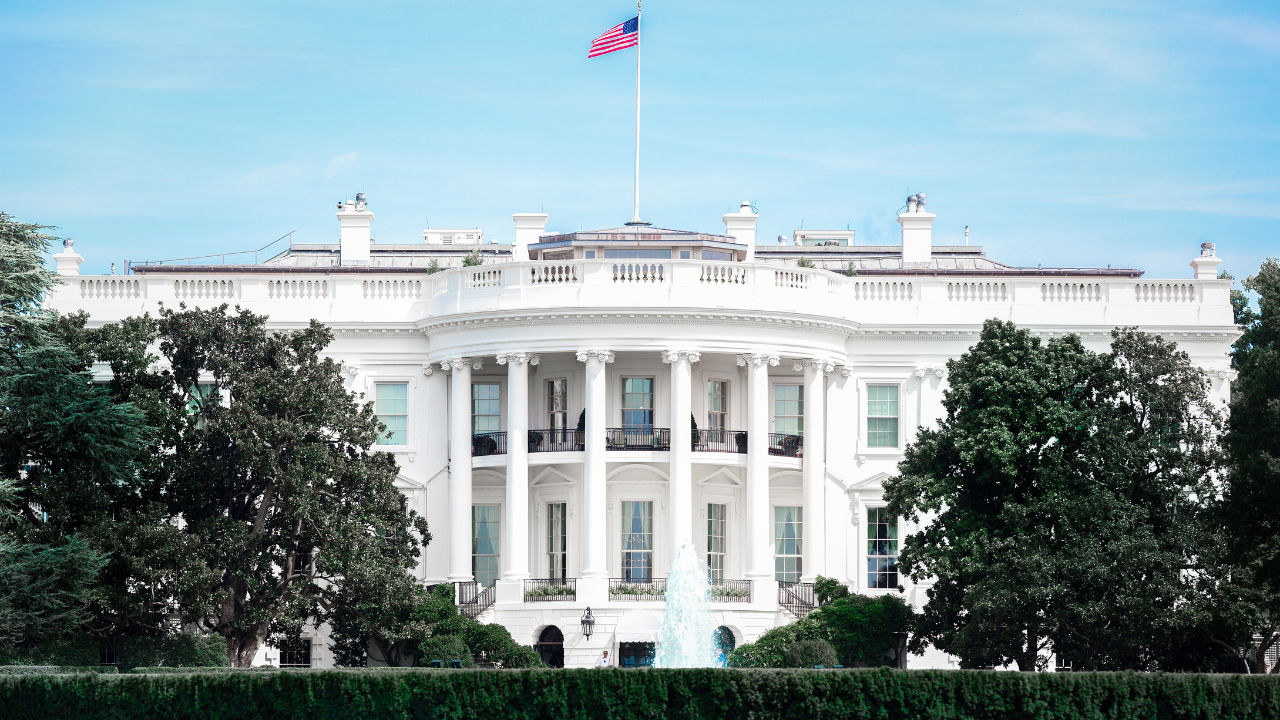The recent White House report on cryptocurrency mining has sparked a variety of reactions from both advocates and critics within the industry. This 45-page report, released by the Office of Science and Technology Policy (OSTP), evaluates the environmental and energy impacts of Bitcoin mining and proposes potential regulatory measures.
Advocates’ Perspective
Proponents of cryptocurrency mining have highlighted several positive aspects of the report. The White House acknowledges that certain mining practices, such as those using flared methane, could have environmental benefits. Dennis Porter, co-founder of the Satoshi Action Fund, emphasized that the report underscores the potential for mining to aid in methane capture, a significant point for those who argue that mining can support renewable energy development.
Jesse Morris, CEO of Energy Web, commended the report’s nuanced understanding of cryptocurrency’s implications for climate and energy. Similarly, Elliot David from the Sustainable Bitcoin Protocol noted that the report demonstrates a willingness from regulators to engage with the industry to develop informed policies.
Critics’ Concerns
On the other hand, critics argue that the report highlights the substantial environmental footprint of Bitcoin mining. Alex de Vries, a well-known critic, pointed out that the report challenges several pro-mining arguments, particularly those related to the environmental benefits of methane-powered mining operations.
The Environmental Working Group (EWG) praised the report for recognizing the significant electricity consumption and pollution associated with digital assets. This aligns with broader concerns about the energy-intensive nature of proof-of-work (PoW) mining, which critics argue contributes to global emissions and environmental degradation.
A Middle Ground
Despite the polarized views, some see the report as a balanced approach that could lead to productive dialogue between regulators and the industry. Troy Cross from the Bitcoin Policy Institute highlighted that the report represents a shift towards a more informed and less reactionary stance on cryptocurrency regulation. This sentiment is echoed by industry insiders like Rachel Silverstein from CleanSpark, who believes that thorough study and collaboration could reveal the benefits of PoW mining for renewable energy resilience.
Future Implications
The report suggests that if voluntary standards fail to mitigate the environmental impact, more stringent measures, including possible legislative actions, might be necessary. This has raised concerns among some in the mining community about potential overregulation. Samir Tabar of Bit Digital cautioned that while regulation is necessary, it must be well-informed and balanced to avoid stifling innovation and economic development.
Overall, the White House report on crypto mining has initiated an important conversation about balancing environmental concerns with the technological and economic potentials of cryptocurrency. The diverse reactions indicate the complexity of the issue and the need for ongoing dialogue and research to develop effective and equitable policies.


Leave a Reply